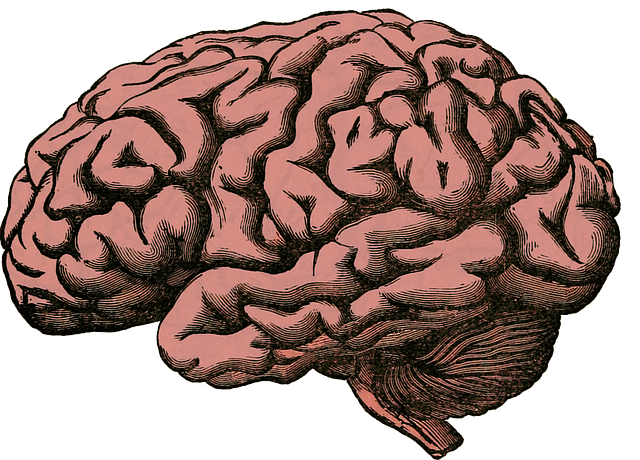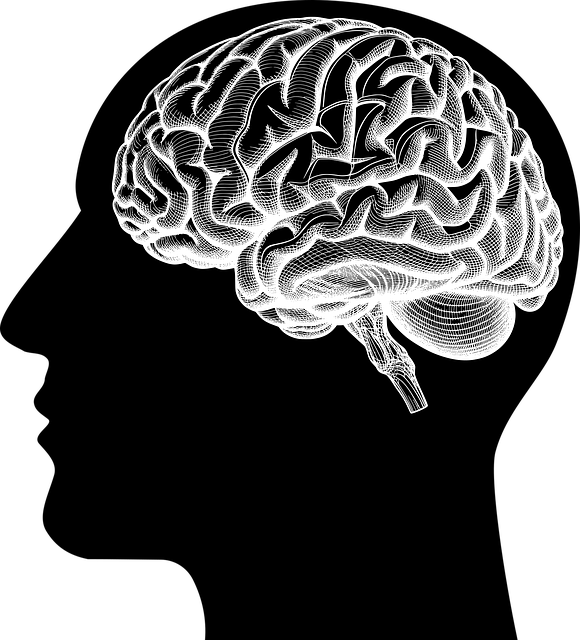Social Skills Training (SST) tailored for Mandarin Chinese speaking children addresses cultural and language barriers, enhancing social interactions and mental wellness through interactive activities and role-playing exercises. Integrating mood management strategies from a podcast series, SST ensures engaging learning for successful academic and community integration. Culturally sensitive healthcare providers facilitate understanding, fostering open dialogue and trust for healthier social interactions. Parents supporting these children can enhance comfort in social situations through playdates and structured routines, guided by public awareness campaigns focused on mental health and effective therapy methods tailored to their linguistic background.
Social skills training is a vital tool for enhancing the mental well-being of Mandarin Chinese speaking children with mental health conditions. This comprehensive guide explores Understanding Social Skills Training, delving into its effectiveness in therapy for children and how it facilitates emotional regulation and social interaction. We also offer practical strategies for parents and caregivers to support their child’s development, emphasizing the importance of early intervention for better outcomes.
- Understanding Social Skills Training for Mandarin Chinese Speaking Children with Mental Health Conditions
- The Role of Therapy in Enhancing Social Interaction and Emotional Regulation
- Practical Strategies for Parents and Caregivers to Support Social Skills Development
Understanding Social Skills Training for Mandarin Chinese Speaking Children with Mental Health Conditions

Social Skills Training (SST) is a specialized form of therapy designed to help children with mental health conditions navigate social interactions more effectively. For Mandarin Chinese speaking children, SST offers a culturally sensitive approach that addresses their unique needs and challenges. In many cases, these children may face barriers in communicating and connecting with peers due to cultural differences or language barriers.
SST for this demographic focuses on teaching essential social skills like communication, empathy, conflict resolution, and emotional regulation. Through interactive activities and role-playing exercises tailored to their linguistic and cultural backgrounds, therapists help Mandarin Chinese speaking children build confidence in social settings. This approach not only enhances their mental wellness but also contributes to successful integration into both academic and community environments. Furthermore, incorporating elements from a Mental Wellness Podcast Series Production can make learning these skills engaging and accessible, ensuring the effectiveness of therapy reaches a wider audience. Mood management strategies are integrated into SST to empower children with tools to cope with emotional challenges in social contexts.
The Role of Therapy in Enhancing Social Interaction and Emotional Regulation

Social skills training is a significant component of therapy for children with mental health conditions, especially those who are Mandarin Chinese speaking and navigating cultural nuances. Therapy sessions designed to enhance social interaction go beyond mere communication; they foster an environment where emotional regulation can flourish. Through play therapy, cognitive behavioral techniques, and group settings tailored to their cultural background, children learn to express themselves, interpret social cues, and manage emotions effectively.
The role of a healthcare provider with cultural competency training is pivotal in this process. They facilitate a deeper understanding of the child’s experiences, ensuring that Emotional Well-being Promotion Techniques are not only taught but also embraced within the context of the child’s culture. This culturally sensitive approach to mental healthcare practice encourages open dialogue, builds trust, and ultimately promotes healthier social interactions, both within the therapeutic setting and beyond.
Practical Strategies for Parents and Caregivers to Support Social Skills Development

For parents and caregivers supporting a child with mental health conditions, fostering social skills development is paramount. A crucial strategy involves modeling and encouraging appropriate interactions through playdates or community activities in Mandarin Chinese, reflecting the child’s native language. This not only strengthens their communication but also builds cultural connections, offering a sense of belonging and security.
Additionally, establishing structured routines can significantly benefit a child’s social growth. Consistency in daily schedules, coupled with crisis intervention guidance tailored to their specific needs, can help them navigate social situations more comfortably. Public awareness campaigns focused on mental health can also be valuable resources, providing insights into emotional healing processes and empowering parents with effective strategies for supporting their children’s overall well-being.
Social skills training, coupled with appropriate therapy for children speaking Mandarin Chinese with mental health conditions, offers a comprehensive approach to enhancing their social interaction and emotional regulation. By understanding the unique needs of this demographic and implementing practical strategies at home, parents and caregivers can significantly support their child’s development. This multi-faceted approach ensures that these children not only navigate social environments more comfortably but also develop essential skills for a healthier, happier future. For those seeking therapy for children Mandarin Chinese speaking, these insights provide a solid foundation for fostering positive growth.













